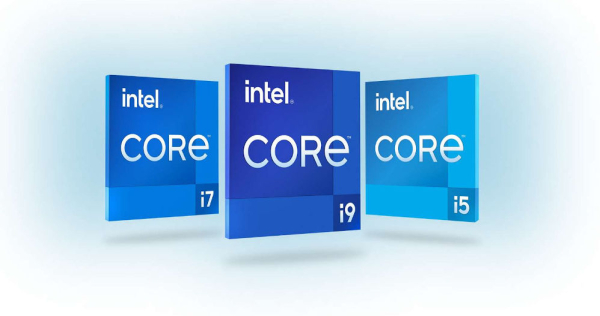Intel currently has many construction sites and the latest quarterly figures have highlighted the problems that have been looming for years for the first time. Its own chip production is lagging behind TSMC and the server market, which has been a cash cow up to now, is being eroded in several places by more efficient products from AMD and Nvidia.
In addition to AMD, Apple and Qualcomm are also feeling the headwind in the laptop sector more than ever before. And to make matters worse, the latest generations of desktop chips are also  plagued by hardware defects, where CPUs can suffer irreparable damage and become unstable over time. However, this has so far only affected desktop models. According to Intel, laptop and notebook CPUs are not affected by the problem. However, according to a
plagued by hardware defects, where CPUs can suffer irreparable damage and become unstable over time. However, this has so far only affected desktop models. According to Intel, laptop and notebook CPUs are not affected by the problem. However, according to a  Verge article, even this is not yet one hundred percent clear.
Verge article, even this is not yet one hundred percent clear.

Intel claims that the current laptop CPUs are not affected by the problem of excessive voltage (which has since been given the name “Vmin Shift Instability”). However, Intel has previously said that this problem may not be the cause but rather an effect of another problem. And a final explanation from Intel on the entire problem complex is still pending.
After game developer Alderon Games expressed concerns last month that laptop chips might be affected after all, Intel spokesman Thomas Hannaford nevertheless reiterated to The Verge that laptop chips were not affected at all. It should also be clear by now that most desktop chips are not affected by the specific voltage problem: These include all 13th and 14th generation i5 chips that are not part of the K series, i3 chips and Xeon chips.

